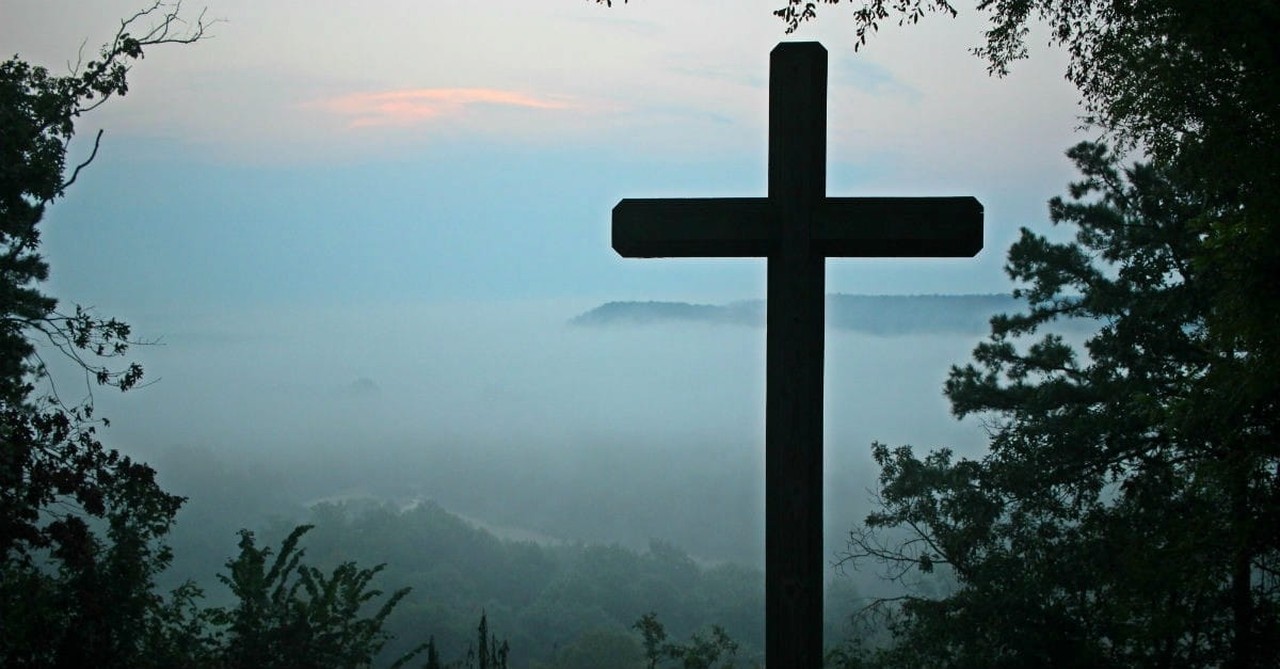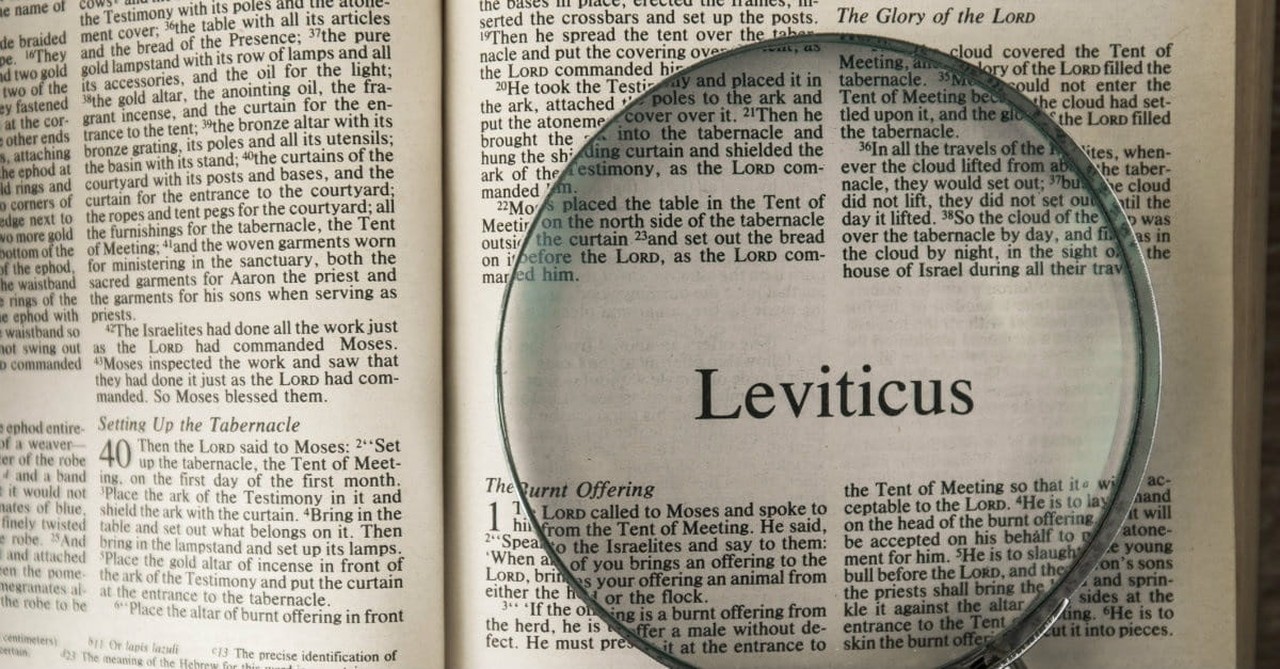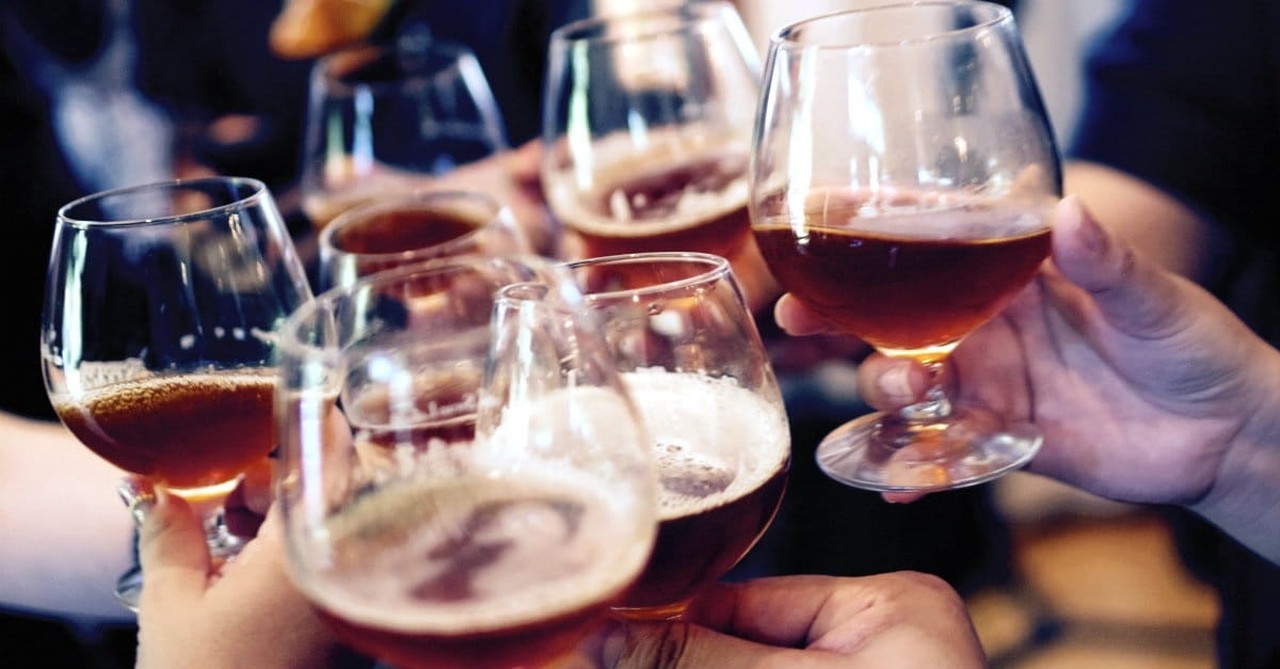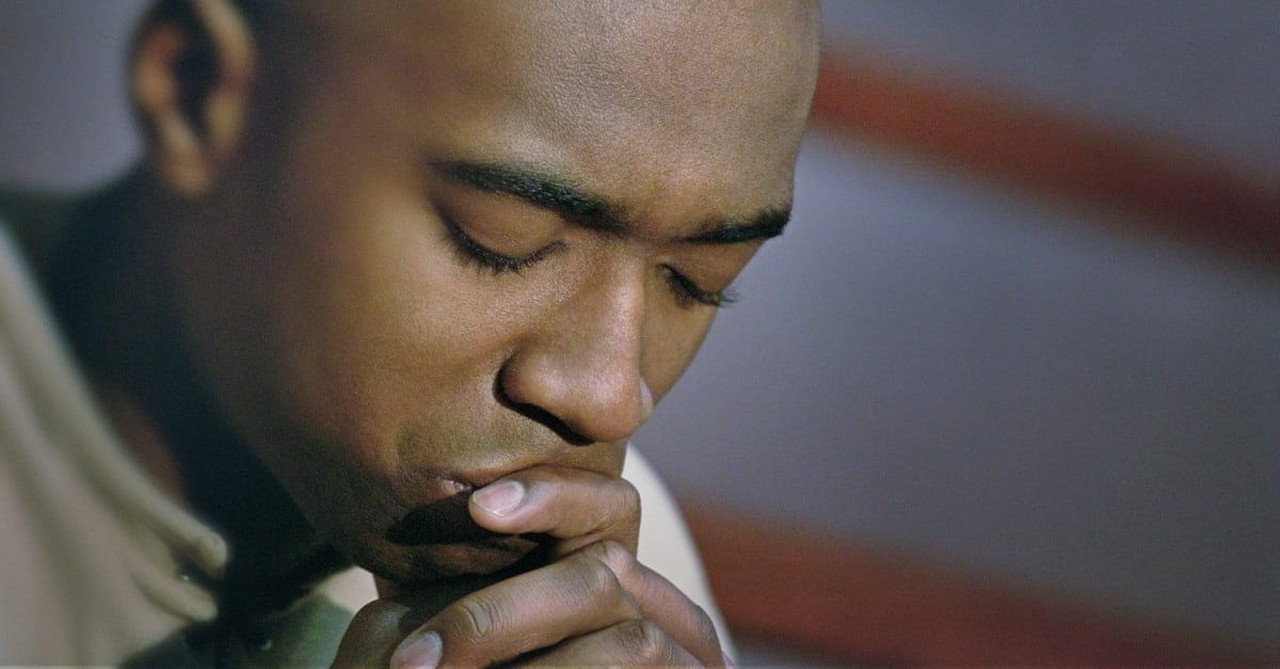10 Things You Should Consider before You Drink Alcohol

I will never forget the New Year’s Eve my dad walked in with a wine bottle.
The six of us – the kids – let out a cumulative gasp and gazed wide-eyed at the bottled demon sitting on the counter. For a Christian homeschooling family, the bottle represented everything we didn’t do.
There are many who view drinking as completely off limits. There are others who see it as a means of cultural evangelism. Drinking alcohol probably joins the list of Top Five Polarizing Topics within the church, somewhere between women in ministry, swearing, and homosexuality.
But this issue is simpler than you’d think. While Paul addressed our responsibility not to “cause another to stumble” in Romans 14, the Christian approach to alcohol goes deeper than our influence upon others. It comes down to an issue of Christian identity. It comes down to the gospel of grace.
Image courtesy: Pexels.com
1. We are a kingdom of priests.

1. We are a kingdom of priests.
SLIDE 1 OF 8
In Exodus 19:5-6, God met Moses on Mount Sinai. There, God issued a series of commands for the nation of Israel. These commands were meant to draw the nation into holiness, from which state they could fellowship freely with the Lord. God told Moses:
“Now if you obey me fully and keep my covenant, then out of all nations you will be my treasured possession. Although the whole earth is mine, you will be for me a kingdom of priests and a holy nation.” (Exodus 19:5-6)
Centuries later, Peter wrote to the early church:
“But you are A CHOSEN RACE, A royal PRIESTHOOD, A HOLY NATION, A PEOPLE FOR God’s OWN POSSESSION, so that you may proclaim the excellencies of Him who has called you out of darkness into His marvelous light; for you once were NOT A PEOPLE, but now you are THE PEOPLE OF GOD.” [emphasis added]
Just as Israel was set apart as “holy to the Lord”, each person who claims Christ as Savior has the responsibility to live a consecrated life. We no longer worship at a tabernacle or temple; the ultimate sacrifice was made when Christ died on the cross. But we are God’s royal priesthood: People set apart for His own possession, fellowshipping with Him in purity and freedom.
Photo Credit: ©Unsplash
2. Even though we're under the new covenant, we can learn from the old.

2. Even though we're under the new covenant, we can learn from the old.
SLIDE 2 OF 8
In Leviticus 9 we find a depiction of the consecration ceremony for Levite priests. The process took an entire week, multiple sacrifices, and culminated with the consuming fire of God on the tabernacle altar. Following their consecration, God issued specific instructions to Aaron and his fellow priests:
“And the Lord spoke to Aaron, saying, “You and your sons are not to drink wine or other fermented drink whenever you go into the Tent of Meeting, or you will die. This is a lasting ordinance for the generations to come. You must distinguish between the holy and the common, between the unclean and the clean, and you must teach Israel all the decrees the Lord has given them through Moses.” (Leviticus 10:8-11)
Though we live under the New Covenant, we can glean much from the principles of the Old. As members of a spiritual priesthood, we should be asking why Aaron was told to refrain from “strong drink” prior to entering God’s sanctuary. The answer is simple: strong drink affects our ability to discern between “the holy and the common, the unclean and the clean”. The gospel of grace makes us holy in God’s eyes – but with that justified status comes the responsibility to walk that holiness out. Too much alcohol alters our mental and spiritual capabilities, limiting our ability to choose holiness – our most important responsibility as representatives of Christ on earth.
But while this passage describes the implications of strong drink, it does not forbid alcohol completely. Nowhere in the Bible is that the case. In fact, almost every instance where alcohol is mentioned in a negative context, the writer refers to alcohol in excess:
Photo Credit: ©GettyImages/aradaphotography
2. Alcohol is not forbidden in the Bible but drinking in excess is.

2. Alcohol is not forbidden in the Bible but drinking in excess is.
SLIDE 3 OF 8
“Wine is a mocker, strong drink a brawler, and whoever is led astray by it is not wise.” Proverbs 20:1
“Who has woe? Who has sorrow? Who has strife? Who has complaining? Who has wounds without cause? Who has redness of eyes? Those who tarry long over wine; those who go to try mixed wine.” Proverbs 23:29
“Be not among drunkards or among gluttonous eaters of meat, for the drunkard and the glutton will come to poverty, and slumber will clothe them with rags.” Proverbs 23:20
“Or do you not know that the unrighteous will not inherit the kingdom of God? Do not be deceived: neither the sexually immoral, nor idolaters, nor adulterers, nor men who practice homosexuality, nor thieves, nor the greedy, nor drunkards, nor revilers, nor swindlers will inherit the kingdom of God.” 1 Corinthians 6:9-10
George Knight further discusses this concept in his commentary on Leviticus:
“Nowhere in the Old Testament is it forbidden to drink alcohol… A point we should remember today however is that in biblical times wine was drunk watered down, some four parts water to one part wine… On the other hand, drunkenness is absolutely forbidden to a member of the covenant people of God. Drunkenness is an acted insult to the holy character of the human life. The drunken man or woman has reached the point where he or she can no longer make judgments dependent on faith and love.” (Leviticus, page 60-61)
Just as entering the tabernacle under the influence of alcohol was “a form of blasphemy” (Knight, 60), so drunkenness in the life of a Christian blasphemes the temple of God Himself. Why?
Our bodies are temples of His Spirit.
Photo Credit: ©Pexels
4. We are temples of God's Spirit.

4. We are temples of God's Spirit.
SLIDE 4 OF 8
Wine is not evil, nor is it forbidden. But drunkenness – and everything associated with it – is consistently condemned throughout Scripture in both the Old and New Testaments. Why?
Because drunkenness inhibits our ability to fellowship with God.
It is not possible to worship God, to bring glory to Him, or to reflect His goodness when we are mentally and spiritually altered by excessive alcohol consumption. Approaching God in drunkenness is blasphemous to His Holy Spirit – a Spirit we bear within our bodies as vessels of His glory.
We tend to take our status as God’s Spirit-bearers far too lightly. Yet every other entity that housed God’s Spirit – the tabernacle, the Ark of the Covenant, and Solomon’s temple – was meticulously crafted from the very best of materials, consecrated in ceremonial splendor, and set apart for holy use. In Exodus 37, the Ark of the Covenant is crafted from acacia wood and pure gold. The mercy seat – or “place of atonement” – was crafted with two cherubim overlooking from each side:
“The cherubim faced each other and looked down on the atonement cover. With their wings spread above it, they protected it.” (Exodus 37:9)
Atonement means “payment to erase the guilt incurred by an offense”. The wings of the cherubim protected the sanctity of the act of atonement. Each sacrifice made in the tabernacle and Temple pointed to the mercy of God, who accepted as little as a cup of flour to atone for the sins of man (Lev. 5:11-13). Today, our bodies represent that atonement, and our words, actions, and choices stand guard over its sanctity.
Photo Credit: ©Unsplash
5. We are to be imitators of God.

5. We are to be imitators of God.
SLIDE 5 OF 8
So when our words, actions, and choices are altered by the effects of alcohol, we cannot protect the glory of God within us to the degree it deserves.
In his letter to the church at Ephesus, Paul made a distinction between being “drunk with wine” and “filled with the Spirit”. These two behaviors are at odds with one another; they cannot be simultaneously achieved. This passage – and its associated warning – is framed within one central command: To be imitators of God. As such, we are to:
“…Look carefully then how you walk, not as unwise but as wise, making the best use of the time, because the days are evil. Therefore do not be foolish, but understand what the will of the Lord is. And do not get drunk with wine, for that is debauchery, but be filled with the Spirit…” (Eph. 5:15-19)
The gospel gives us the incredible privilege of joining God’s redemptive purpose. We are the living temples of God on this earth because of what Jesus accomplished. A temple of God should be filled with the Spirit of God – and nothing else.
Photo Credit: ©GettyImages/DesignPics
6. We have a gospel identity.

6. We have a gospel identity.
SLIDE 6 OF 8
So how then do we live? Paul’s admonition to consider our brethren should always be a factor in our minds when it comes to drinking. But even more, we should be conscious of the blood-won identity we bear. We are sanctified by Christ, and we are called to walk accordingly.
For some, it is easier to maintain holiness by avoiding alcohol completely. Others are able to use discernment in the amount and location in which alcohol is consumed. Either way, the guiding principle should always be our devotion to the Spirit of God – not to the spirit of the age. Our culture makes alcohol necessary to every social engagement. It glorifies drunkenness and the loss of inhibition. It knows nothing of moderation or self control.
Photo Credit: ©GettyImages/kevron2001
7. It is human nature to abuse things.

7. It is human nature to abuse things.
SLIDE 7 OF 8
Let’s rewind to New Year’s Eve. My dad sat us down, the wine bottle sitting before us as if it were on trial.
“I want you to understand something,” Dad said. “Alcohol itself is not the devil. But even though it has no power, it is human nature to abuse it… to go too far, and make it something it wasn’t meant to be. So you don’t have to be afraid of it – but you have to handle it with care.”
Ten years later I still handle alcohol with care: Care for my brothers, care for my identity, and care for Christ. I’ve had wine with dinner and I cook with it at home. But I never allow alcohol to define me. I limit how much I have. I always remain in control of my actions. I don’t advertise a misleading lifestyle on social media. Alcohol will not control my recreation, my words, or my actions, because each of those things belong in submission to Christ.
Drunkenness is not a joke. It is an affront to the identity we bear as Christians. And because of who we are, we have the responsibility to manage our Christian freedom in accordance with our gospel identity – not our right to a “good time”.
Is it a sacrifice for some? Yes. But in choosing Christ, we chose to make our lives altars to His goodness, and our bodies temples to His Spirit. It’s a small price to pay for the fullness of eternity. It’s a small price to pay in light of Gospel Grace.
Content taken from the article "Should Christians Drink Alcoholic Beverages?" written by Phylicia Masonheimer. Originally published on phyliciadelta.com; used with permission. To read the text version please click the link.
Phylicia Masonheimer blogs at Phylicia Delta, where she teaches women how to preach the gospel with their lives: proclaiming Jesus in work, love and home. Her eBook Christian Cosmo launches March 1st, 2017.
For more information on Christians and alcohol keep clicking.
Photo Credit: ©Pexels
8. There are clear boundaries in Scripture for alcohol.

8. There are clear boundaries in Scripture for alcohol.
SLIDE 8 OF 8
9. Culture dictates certain views on alcohol.
10. If a Christian drinks alcohol it needs to be in moderation with an awareness of those around them.
Photo Credit: ©GettyImages/4maksym
Originally published July 05, 2023.









